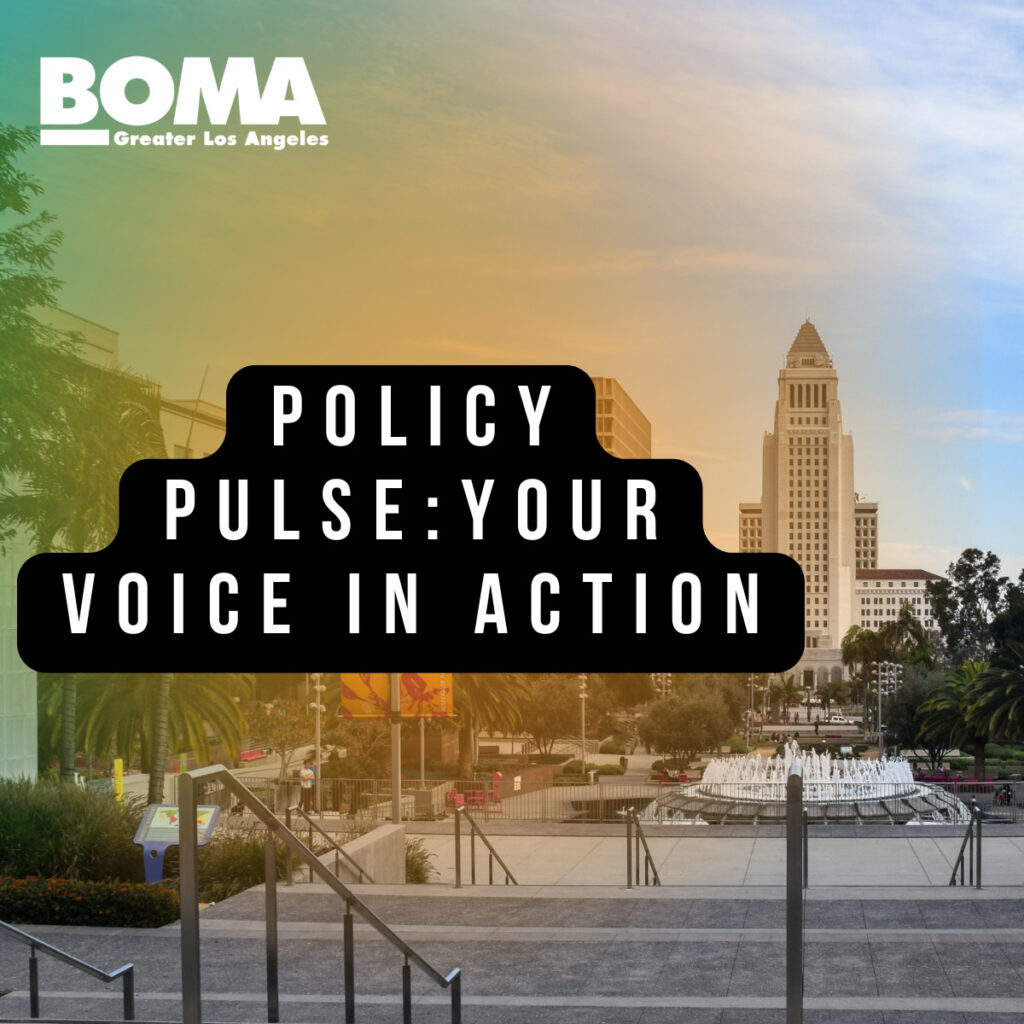Los Angeles City Council Advances Olympic Zoning Exemptions

The Los Angeles City Council has unanimously voted to move forward with a new Olympic/Paralympic Zoning Exemption Ordinance designed to expedite projects for the 2028 Games.
This measure could temporarily ease zoning restrictions for facilities, infrastructure, and public spaces—affecting areas where many commercial properties and operations are located.
What You Need to Know
The City Council directed the City Attorney’s Office and Department of City Planning to draft the Olympic/Paralympic Zoning Exemption Ordinance, which would temporarily or permanently streamline construction for projects tied to the 2028 Olympic and Paralympic Games.
The ordinance would apply to facilities such as:
- Public bathrooms, fan zones, and media centers
- Security screening areas and broadcast hubs
- Temporary transit and pedestrian infrastructure
Temporary projects must be removed within six months after the Games, while permanent “legacy projects” could seek exemptions before, during, and shortly after the Games.
However, certain large-scale or sensitive projects—such as housing demolitions, hotel changes, Metro 28 by 28 light rail projects, and landmark alterations would not qualify for exemptions.
City staff are now working to identify potential projects that align with goals around mobility, wayfinding, and pedestrian accessibility, which will later be reviewed by the Planning Commission before a final City Council vote.
How It Impacts You
For commercial property managers and service providers, the Olympic Zoning Exemption Ordinance could have significant implications:
- Accelerated construction and permitting near key venues—such as the Convention Center, L.A. Live, Memorial Coliseum, and UCLA—could affect access, tenant operations, and nearby development timelines.
- Infrastructure improvements related to mobility and public amenities could enhance long-term property value and foot traffic in key commercial districts.
- Temporary disruptions from short-term projects (e.g., fan zones or security installations) may require additional coordination with city departments and event organizers.
Stay Connected
As the draft ordinance progresses, stakeholder engagement will be crucial to ensure commercial properties are considered in planning decisions—especially for areas adjacent to Olympic venues or transportation hubs.
Follow BOMA on the Frontline for more news impacting members.


